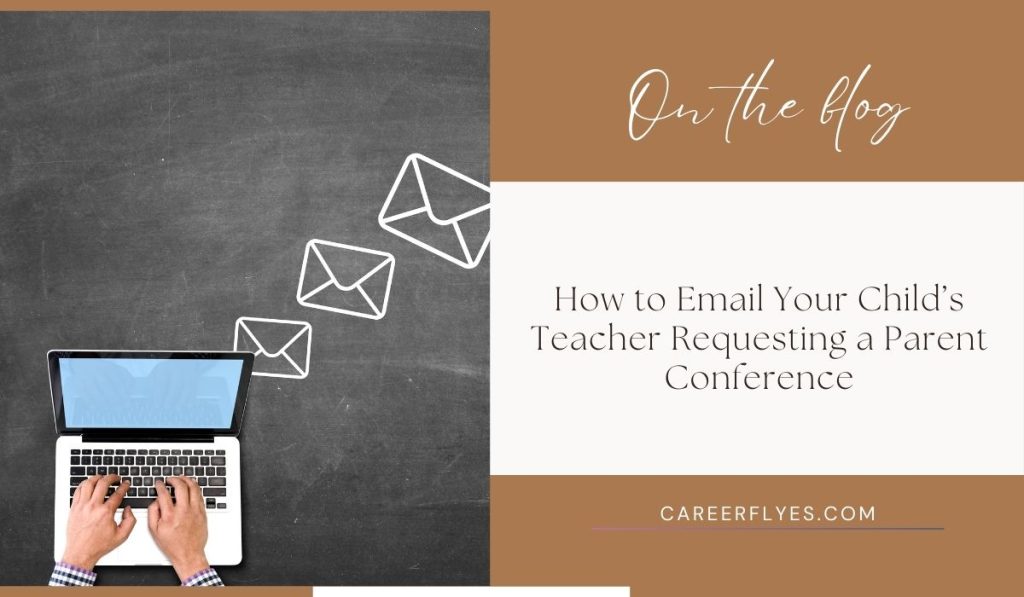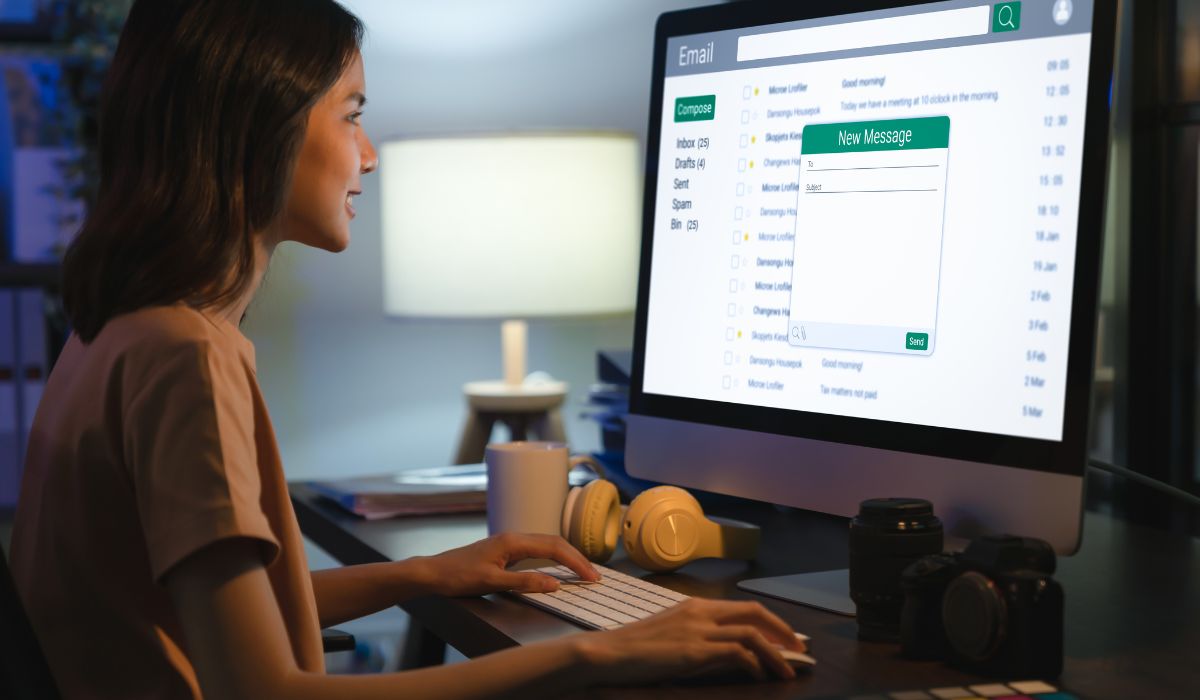How to Email Your Child’s Teacher Requesting a Parent Conference
4 min read
Effective communication between parents and teachers is vital for supporting a child’s academic and social development. Sometimes, you may need to request a parent-teacher conference to address concerns or stay updated on your child’s progress. Writing a professional and respectful email is the first step in setting up a productive meeting. This article provides guidance on crafting the perfect email and making the most of your parent-teacher conference.
Why Is a Parent-Teacher Conference Important?
Parent-teacher conferences provide an opportunity to discuss your child’s performance, address concerns, and work collaboratively to improve their learning experience. These meetings allow parents to:
- Gain insights into academic progress and classroom behavior.
- Address specific concerns such as low grades or social challenges.
- Build a stronger partnership with the teacher for better outcomes.
Signs You Need to Schedule a Parent-Teacher Conference

Here are some common indicators that it’s time to request a meeting with your child’s teacher:
- Declining Grades: Your child’s grades have dropped, or they’re struggling with specific subjects.
- Teacher Feedback: The teacher has raised concerns during prior communication.
- Behavioral Issues: Reports of disruptive or unusual behavior in class.
- Unanswered Questions: You need clarity on the curriculum, teaching methods, or classroom policies.
How to Write an Email Requesting a Parent-Teacher Conference
Writing a well-structured email ensures your message is clear and professional. Follow these steps:
- Start with a Polite Greeting
Address the teacher using their correct title (e.g., Mr., Ms., Dr.) and name. A respectful opening sets the tone for the email. - State the Purpose Clearly
Mention why you’re requesting the meeting. Be specific but brief, such as discussing academic progress, behavior, or other concerns. - Propose a Time
Offer flexibility but suggest a few dates and times that work for you. This helps the teacher schedule the meeting more easily. - Be Specific but Concise
Include any relevant details about your concern without overwhelming the teacher. For example, mention a specific subject or recent feedback. - Close Professionally
Thank the teacher for their time and express your willingness to collaborate. Sign the email with your full name and contact information.
Best Practices for Email Communication
When emailing your child’s teacher, keep these tips in mind to maintain a professional tone:
- Be Respectful: Avoid accusatory or emotional language.
- Proofread: Check for spelling and grammar errors to ensure clarity.
- Use a Clear Subject Line: Example: “Request for Parent-Teacher Conference Regarding [Child’s Name].”
- Keep It Brief: Teachers have busy schedules, so get to the point quickly.
Sample Email Templates

Here are a few email examples to guide you:
1. Formal Email for Academic Concerns
Subject: Request for Parent-Teacher Conference Regarding [Child’s Name]
Dear [Teacher’s Name],
I hope this message finds you well. I’m writing to request a meeting to discuss [Child’s Name]’s progress in [specific subject]. I’ve noticed [specific concern, e.g., recent grades or struggles with assignments] and would like to collaborate on ways to support them.
I’m available on [list a few dates and times], but I’m happy to adjust to your schedule. Thank you for your time, and I look forward to your response.
Best regards,
[Your Full Name]
[Your Contact Information]
2. Email for Behavioral Concerns
Subject: Request for Parent-Teacher Conference Regarding Behavior
Dear [Teacher’s Name],
I hope you’re doing well. I’d like to schedule a meeting to discuss [Child’s Name]’s behavior in class. I’ve received some feedback about [specific concern], and I’d like to understand more and explore ways to address it effectively.
Please let me know a convenient time to meet. I’m available on [list dates and times] but can adjust to your schedule. Thank you for your support.
Sincerely,
[Your Full Name]
[Your Contact Information]
3. Follow-Up Email After No Response
Subject: Follow-Up on Parent-Teacher Conference Request
Dear [Teacher’s Name],
I hope this message reaches you well. I’m following up on my previous email regarding a parent-teacher conference for [Child’s Name]. Please let me know if you received my request, and feel free to suggest a time that works best for you.
Thank you for your time and assistance.
Best regards,
[Your Full Name]
[Your Contact Information]
What to Do After Sending the Email?
After sending your email, allow the teacher a reasonable amount of time to respond. Teachers often have busy schedules, so it’s important to be patient. If you don’t hear back within a week, consider sending a polite follow-up email to ensure your message was received and to reiterate your request.
Preparing for the Parent-Teacher Conference
To ensure a productive meeting, follow these steps:
- List Discussion Topics: Write down your concerns, questions, and goals for the conference.
- Bring Relevant Documents: Include report cards, assignments, or any notes related to your concerns.
- Be Open to Feedback: Listen actively to the teacher’s insights and suggestions.
Conclusion
Requesting a parent-teacher conference via email is an effective way to address your child’s academic and behavioral needs. By following the steps outlined in this article, you can craft a respectful and clear email that sets the stage for a productive discussion.
Have additional tips or experiences to share? Leave a comment below to help other parents navigate the process!



